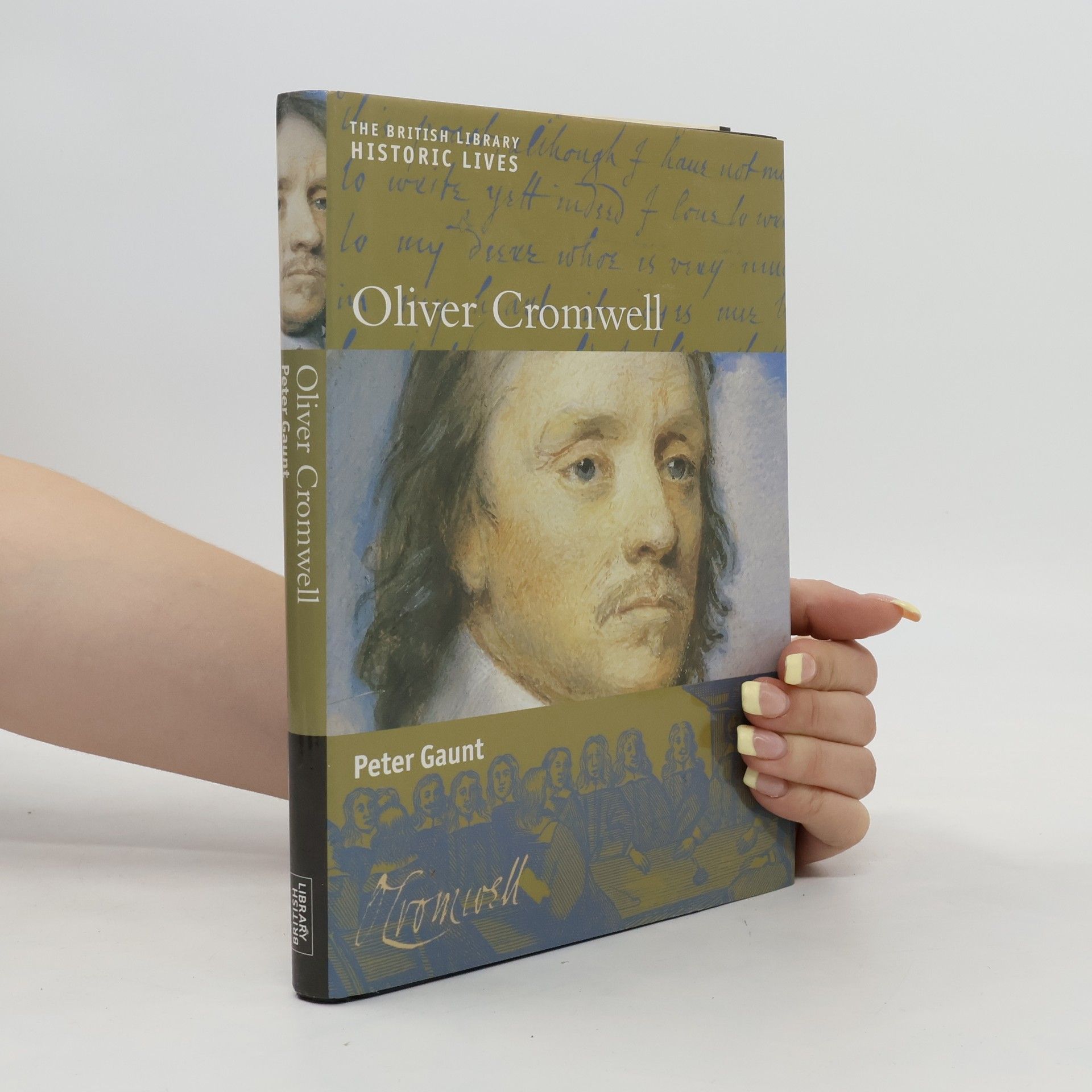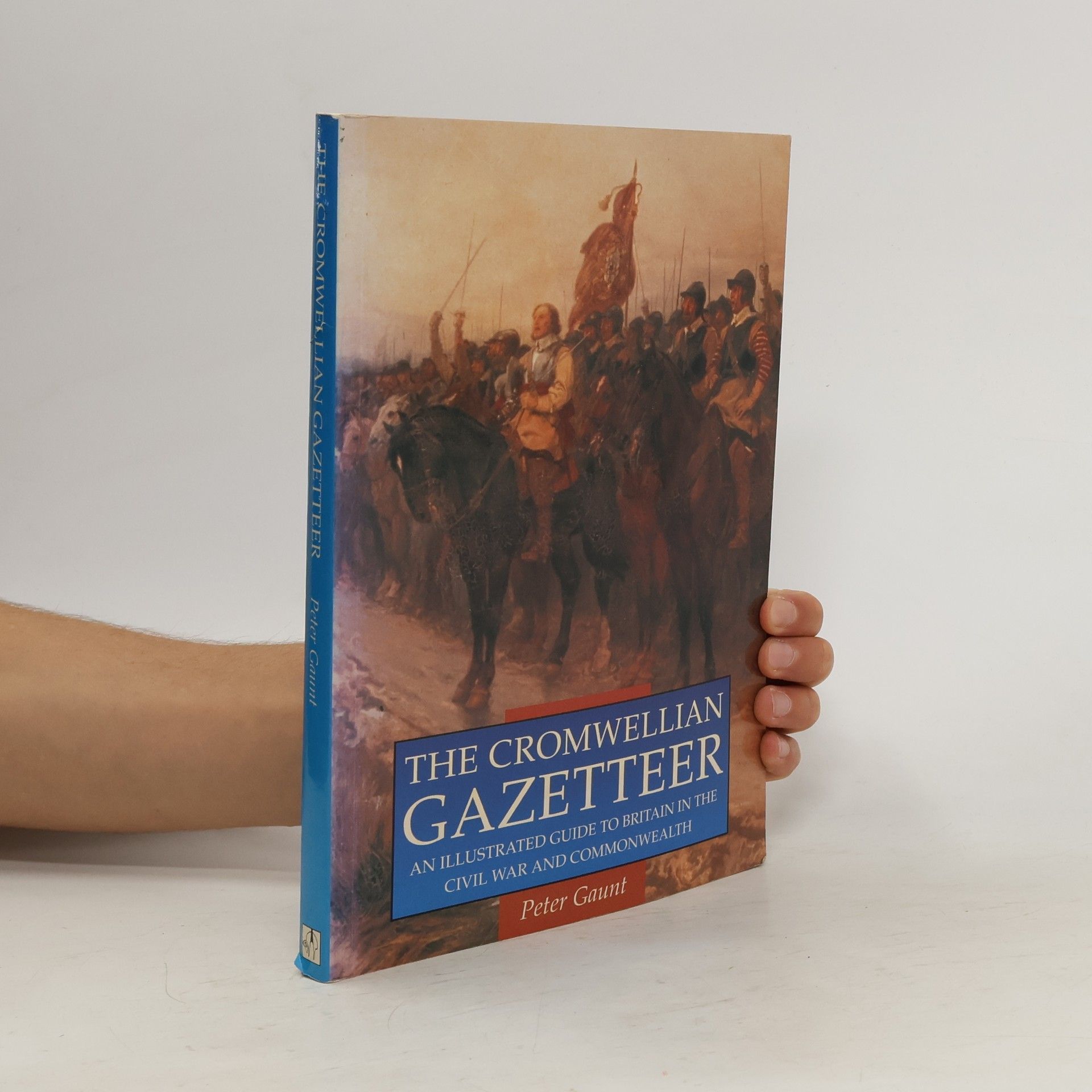The Cromwellian Gazetteer
An Illustrated Guide to Britain in the Civil War and Commonwealth
- 256pages
- 9 heures de lecture
This volume offers a guide to Cromwellian and civil war sites throughout Britain and Ireland, furnishing a topographical history of the Civil War and Commonwealth from the Parliamentary perspective. Not only does it cover the scenes of military conflict - battlefields, castles, fortified houses, churches, defended and besieged towns and cities - but also other locations connected with the leading Parliamentary soldiers, politicians, clerics and artists of the period, with an emphasis on sites connected with Oliver Cromwell and his family. An itinerary of Oliver Cromwell's movements from 1640 to 1658 appears as an appendix to the gazetteer and there is also a detailed genealogy of the Cromwells from the 16th century to the early 19th centruy.


